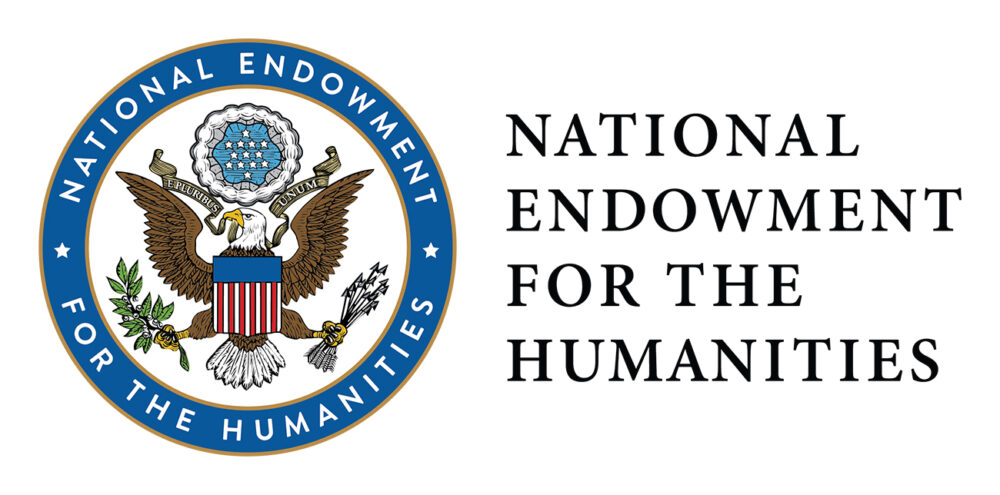
We all have images of the ancient Romans shaped by epic movies like Spartacus and Gladiator. Not surprisingly, Hollywood films are not all that accurate. In summer 2020, high school teachers from across the country will come to Gustavus Adolphus College to learn what life in the Roman Empire was really like.
With a grant of just over $90,000 from the National Endowment for the Humanities (NEH), associate professor of classics Matt Panciera will lead a three-week seminar for teachers on the every-day lives of Romans. Collaborating with him will be three other specialists on Roman life: Beth Severy-Hoven of Macalester College, Rebecca Benefiel of Washington & Lee University, and Jeremy Hartnett of Wabash College.
The seminar is intended for middle- and high-school teachers of Latin or history. Their curriculum will be based on graffiti found in the ruins of Pompeii and Petronius’ Satyricon, a Roman novel from the late 1st century. The teachers will make their own translations from Latin and study various topics related to the texts, such as slavery, food, entertainment, and education.
Panciera is an expert on Latin graffiti, including the inscriptions on Pompeian walls. There are more than 12,000 surviving graffiti in Pompeii: everything from shopping lists to vulgar insults. Panciera has researched how friends communicated with each other by scratching messages into plaster walls, just as we send texts and emails.
“One commonly held misconception that teachers and students have about the Romans is that it was all very classical, so to speak,” said Panciera. “Most people encounter the Romans through extremely polished speeches or poetry on weighty topics. It can seem somewhat removed from real life, where food, shelter, clothes, work, and entertainment are central concerns. The seminar spends all of its time on these more ordinary things. It shows participants how Romans were real people just like us.”
In addition to Panciera and the other classics professors, the seminar will also be led by Ellen Sassenberg, a Latin teacher in the Rochester Public School District. Sassenberg has won state and national awards for her teaching, including a Fulbright Fellowship and the U.S. Presidential Scholars Program Teacher Recognition Award. She will help seminar participants develop course materials useful for their middle-and high-school classes.
This will be the third time that Panciera has led an NEH Summer Seminar on Roman daily life. Participants in past seminars have shared how they incorporate what they learned into their own classes. “One participant designed gladiatorial competitions between classes and even schools in their area,” Panciera said. “This included writing advertisements modeled directly on the original Roman announcements we studied during the seminar.”
“This prestigious grant is a recognition of Matt’s standing as a scholar and his commitment to teaching,” said Megan Berglund, director of corporate and foundation relations at Gustavus. “He and his colleagues are helping high school teachers integrate the latest academic research into their classrooms. This is an important educational service, and we should be proud that it is taking place at Gustavus.”
NEH Summer Seminars and Institutes for K-12 Educators provide school teachers across the nation the opportunity to deepen their engagement with the humanities. An independent federal agency created in 1965, the National Endowment for the Humanities awards grants to strengthen teaching and learning in schools and colleges, facilitate research, provide opportunities for lifelong learning, and provide access to cultural and educational resources.
Contact: Bruce Berglund, Campaign Communications Manager
bberglund@gustavus.edu
507-933-7003